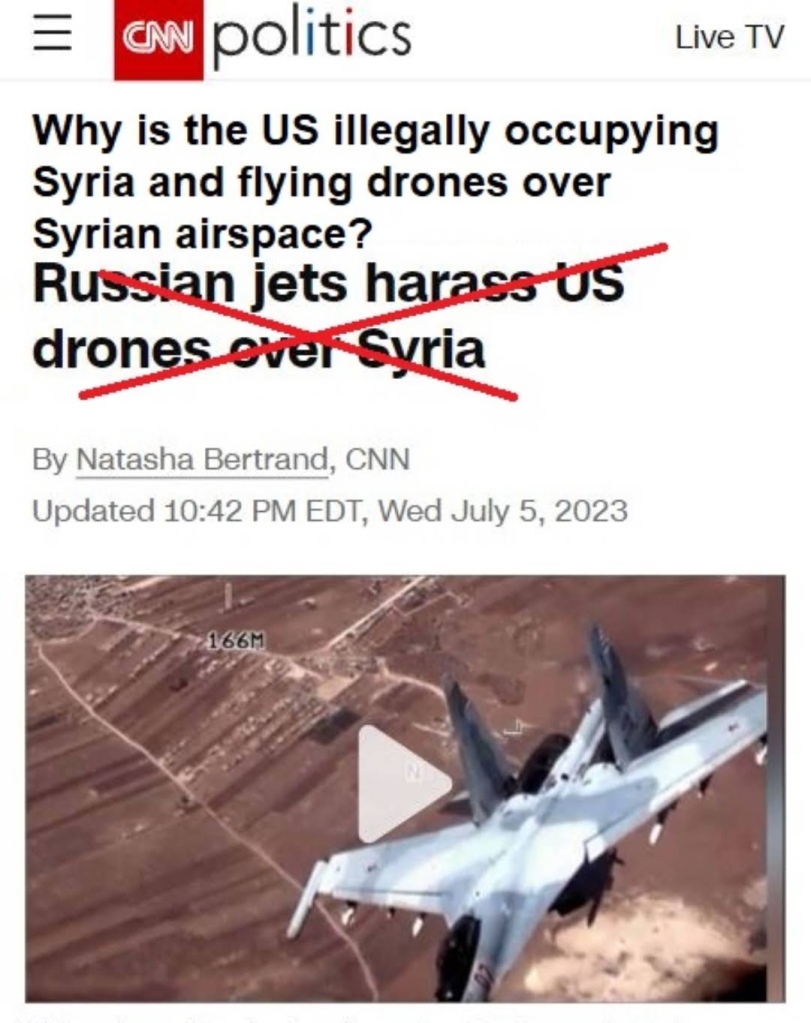Australia and the Philippines have signed an agreement to boost collaboration on maritime security, including “promoting respect for international law,” in the latest sign of their deepening defense ties at a time of a growing Chinese military presence in the region.
Australia, Philippines Sign Maritime Accord as China Rises
Tag: memorandums of understanding
Philippines, Vietnam seal deals on South China Sea security, rice
The Philippines and Vietnam agreed on Tuesday to boost cooperation among their coastguards and to prevent untoward incidents in the South China Sea, in an announcement during a state visit by Philippine President Ferdinand Marcos Jr.
Philippines, Vietnam seal deals on South China Sea security, rice
Previously:
Philippines to develop islands in South China Sea + More
MANILA (Reuters) – The Philippines will develop islands in the South China Sea that it considers part of its territory to make them more habitable for troops, Manila’s military chief Romeo Brawner told reporters on Monday.
Philippines to develop islands in South China Sea – military chief
Related:
Philippines continues S.China Sea provocations
The US-backed NED candidate Willy Lie from the NED-backed party won
YouTube Playlist: InfoOp – SCS
Work in progress: Philippines Game Changer Analysis (PDF)
US policies pushing China, Philippines to brink of conflict
There’s an information war going on in the South China Sea (using embedded journalists, civil society activists, and various US think tanks). The Philippines plans on building a military base, on the disputed Second Thomas Shoal, to replace the BRP Sierra Madre (which is about to break apart). Marcos is also re-starting oil exploration, in the Reed Bank, which is part of the disputed territory.
On the strategic relationship between Venezuela and China
During a state visit to the People’s Republic of China in September 2023, Venezuelan president, Nicolas Maduro met president Xi Jinping and both agreed to strengthen the relationship of their countries by establishing seven sub commissions to elevate it to the level of ‘all-weather strategic partnership’. This is the culmination of a relationship that began with president Hugo Chavez’s first visit to Beijing in 1999, the very first year of his presidency.
On the strategic relationship between Venezuela and China
Collision at Sea: PBBM Wastes Years of Confidence-Building with China
This the statement by Gan Yu, the spokesman of China Coast Guard, on the collision of a Philippine vessel and Chinese Coast Guard ship near Ren’ai Reef (Ayungin Shoal).
Collision at Sea: PBBM Wastes Years of Confidence-Building with China
Iran, Venezuela, Syria ink tripartite deal to construct refinery in Homs
TEHRAN – Iran, Venezuela, and Syria have signed a trilateral agreement to cooperate on constructing a new oil refinery in Syria’s Homs Province, a senior official with the Iranian Oil Ministry said.
Iran, Venezuela, Syria ink tripartite deal to construct refinery in Homs
Railway planned as part of India – Middle East – Europe Economic Corridor
ASIA: Ambitions to develop an India – Middle East – Europe economic corridor with sea transport from India to the Gulf region and a railway linking Middle Eastern countries with each other and to Europe were announced at the G20 summit in New Delhi.
Railway planned as part of India – Middle East – Europe Economic Corridor
Related:
FACT SHEET: World Leaders Launch a Landmark India-Middle East-Europe Economic Corridor
Neo-Con study: Why a New Black Sea Strategy is in the U.S. Interest + The Middle Corridor
Leading liberal Zionist voices call for ending U.S. aid to Israel
The damage Israel is causing to its support base in the United States is becoming more apparent. A very bright warning flare went up this weekend, appearing once again in the New York Times. This time, it was columnist Nicholas Kristof who took a much bolder and far less speculative step than his colleague, Tom Friedman did last week by suggesting that the very heart of AIPAC’s mission—annual military aid to Israel—should be phased out.
Friedman, you might recall, floated the idea that a “reassessment” of the United States’ relationship with Israel might be on the horizon, if not already starting. As I noted, that was meant as a warning to Israel, not a reflection of any actual steps by Joe Biden’s White House to launch a policy process of reassessment. Indeed, as subsequent events confirmed, and as was indicated by the fact that Friedman cited no sources, even anonymous ones, this was the columnist trying to use his column to get Israel to back off because political winds are shifting. Israeli Prime Minister Benjamin Netanyahu did not heed the warning, instead moving forward uncompromisingly on his domestic agenda and misleading the media about his conversation with Biden. Needless to say, that didn’t sit well in Washington.
Leading liberal Zionist voices call for ending U.S. aid to Israel
US Plays the Victim Card and Accuses Russia of ‘Harassing Our Drones’ Over Syria

The Pentagon has released footage showing a Russian fighter jet flying near an American drone above Syria, as Moscow and Washington continue to trade accusations over unsafe aerial operations.
US Accuses Russia of ‘Harassing Our Drones’ Over Syria
Iraq unveils $17bn infrastructure project linking West Asia to Europe
Iraqi Prime Minister Mohamed Shia al-Sudani on 27 May unveiled a $17 billion infrastructure project to link West Asia and Europe and make Iraq a regional transportation hub.
Iraq unveils $17bn infrastructure project linking West Asia to Europe
Related:
Iraq partners with UAE and Chinese firms to develop six oil and gas fields
US eyes new military base in Iraq’s oil-rich region and in northern Syria

You must be logged in to post a comment.